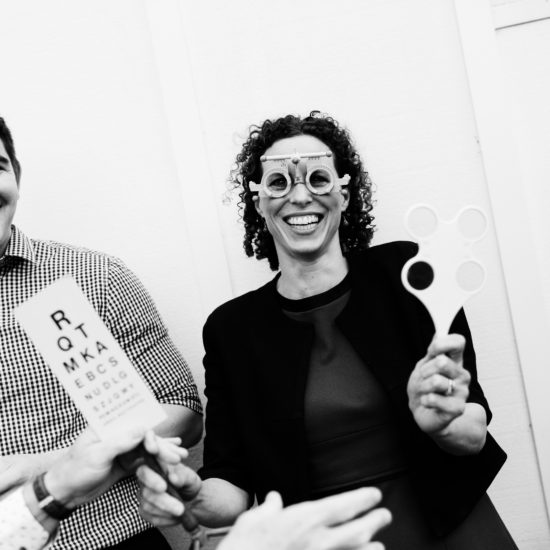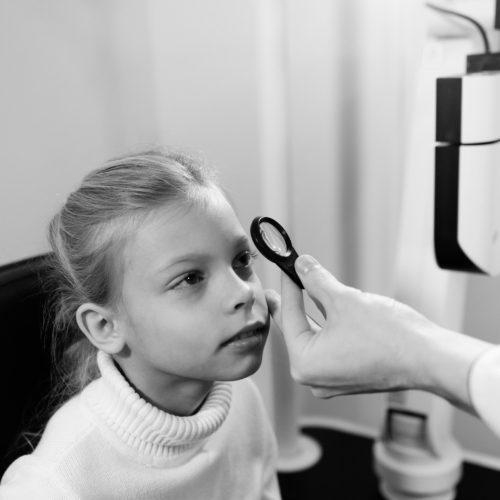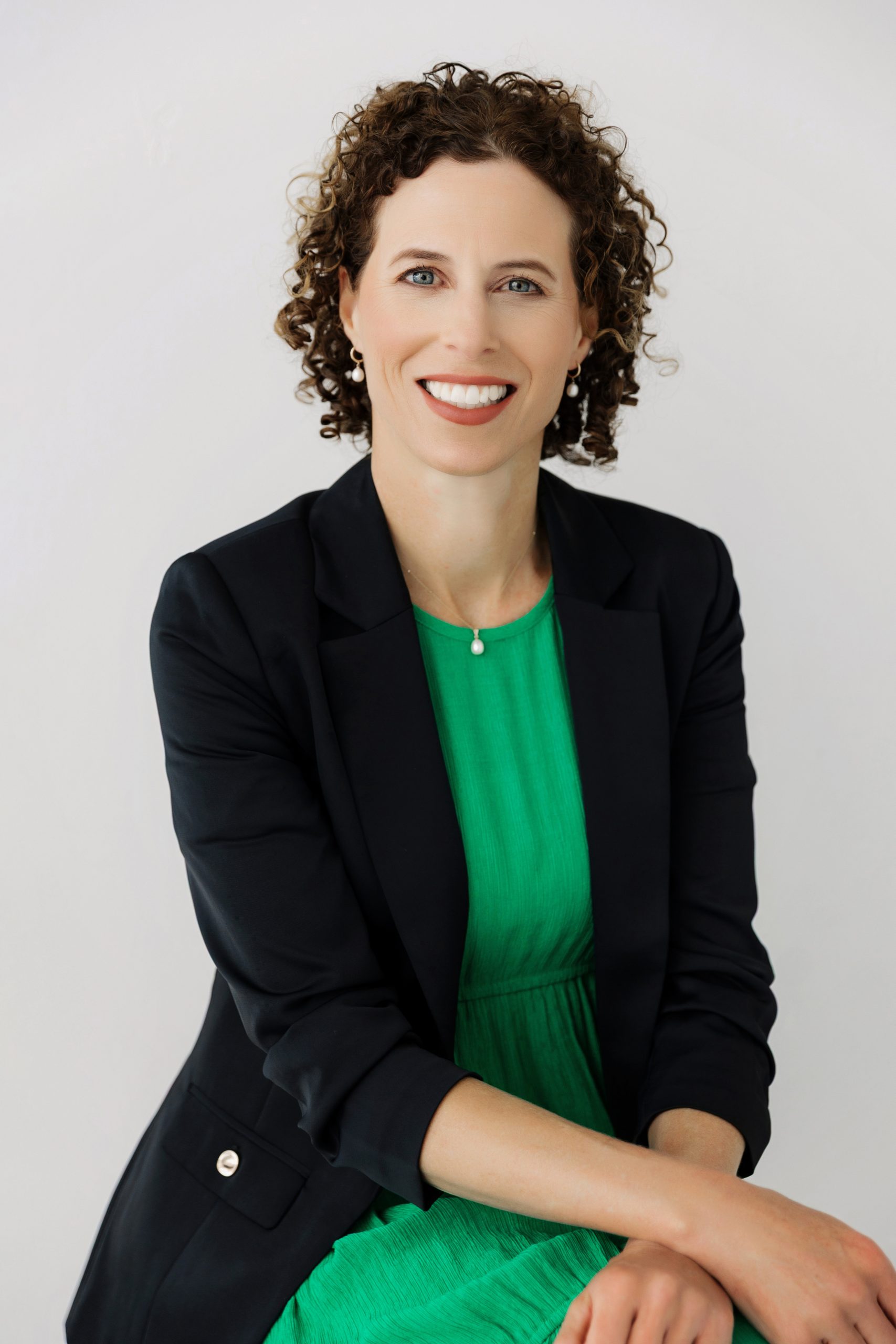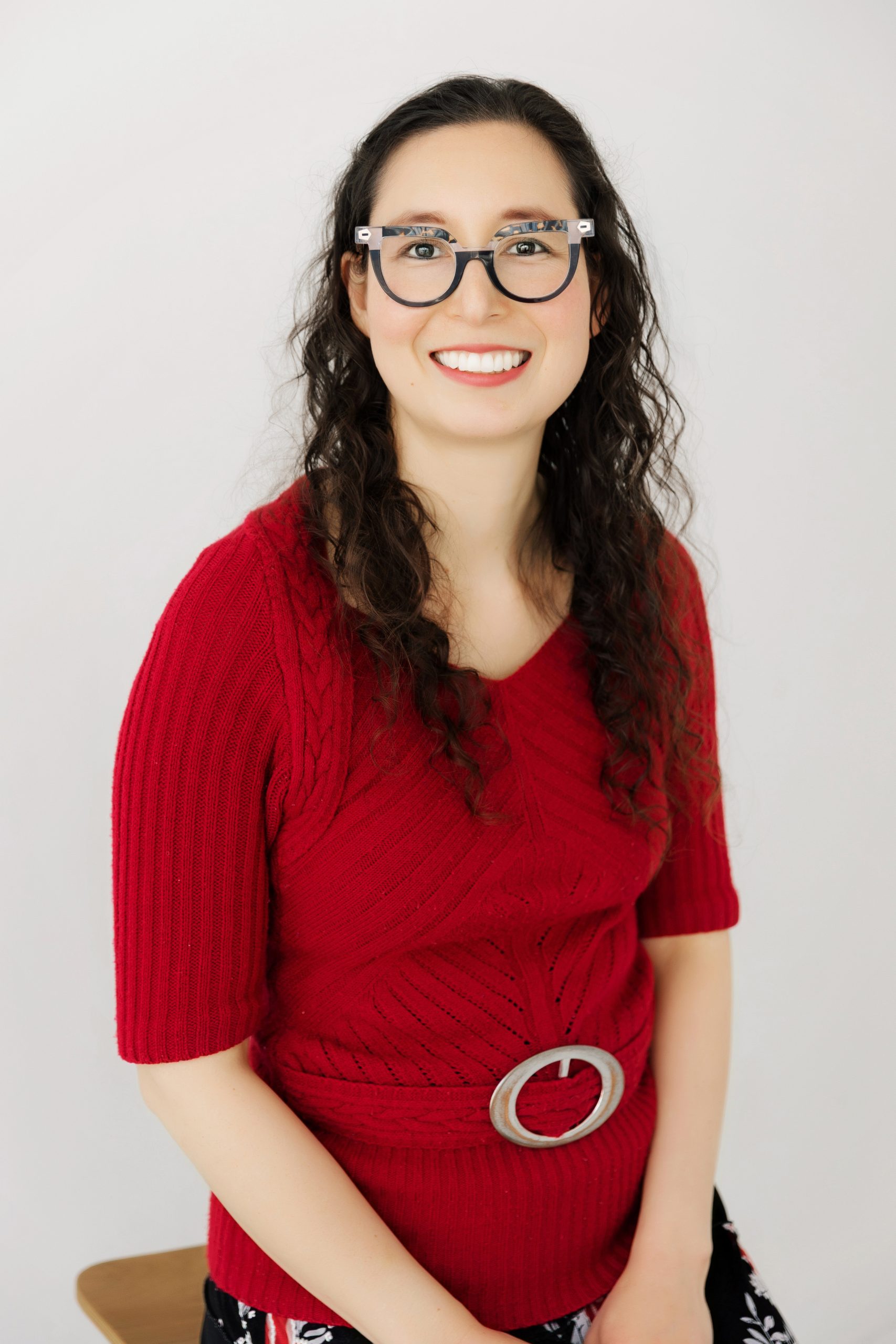Your vision and eye health
Eye Examinations
A comprehensive vision and eye health examination with your choice of optometrist. Your optometrist can recommend spectacles, discuss contact lenses and recommend further testing or referrals if any eye health problems are found.
We are leaders in Optometry
We provide the highest quality eye care and have access to some of the latest technology in eye testing equipment.
If you’re coming up due for your next eye examination, or you’ve never had your eyes examined before, we would love to welcome you to our practice!
Your eye examination
What to expect before, during and after your eye examination

01
Before The Examination02
The Eye Examination– Your history – Focusses on the troubles you may be having with your eyes, spectacles, or contact lenses. It also covers your general health, any medications which may affect your eyes, and your ocular family history.
– Prescription check – This gives key information needed to discuss the best vision correction options for you.
– Eye health – A thorough eye health check to look for any conditions which can affect your eyes. A few of the more common conditions that we see are glaucoma, cataracts, and macula degeneration.
03
After Your ExaminationChildren's Eye Examinations
Many vision problems begin at an early age so it is very important that children receive quality eye care.
If your child is under the age of 5 or non-verbal, it is likely the optometrist will need to use dilating eye drops before they can be examined.
The drops may take about 20 to 30 minutes to work, and will blur your child’s vision and cause a little light sensitivity for a few hours.
If your child is under the age of 16 and you have a valid community services card, they are eligible for a free eye examination and potentially a subsidy towards their frames and lenses. Enquire with our staff for more information.

Your eye health
Common eye health conditions we detect and treat at our practice
We have an incredible team of experienced and passionate optometrists who have a special interests in eye health and a close working relationship with specialists – bringing awareness to detection and early prevention is particularly close to our hearts.
Glaucoma
Glaucoma is an eye condition caused by raised pressure inside your eye. This increased pressure in your eye damages the optic nerve.
Glaucoma most commonly develops slowly and silently (chronic glaucoma) but can also develop abruptly (acute glaucoma) with pain and sudden loss of vision. Due to glaucoma typically occurring slowly it is also called ‘the thief of sight’.
Cataracts
A cataract is a cloudy area in the lens of the eye that result in decreased vision. Cataracts often develop slowly with age and can affect one or both eyes.
The symptoms of early cataracts may be improved with new prescription glasses, better lighting or effective sunglasses. However, once cataracts affect your ability to do your daily activities, surgery is the only treatment that will help.
Macular Degeneration
Macular degeneration affects your central vision. Vision loss may be a gradual process (dry AMD) or sudden due to a leakage of blood vessels (wet AMD).
Treatment is available to help prevent further loss of vision in wet AMD. For dry AMD, your optometrist will discuss measures to help prevent visual loss.
Retinal Detachment
Retinal detachments are painless but serious – if you are experiencing the sudden appearance of floaters, flashes or reduced vision it is important to be seen by an optometrist as soon as possible.
A detached retina usually only occurs in one eye and is a medical emergency. At first, detachment might only affect a small part of the retina, but, without treatment, the whole retina may peel off, and vision will be lost from that eye.
Diabetic Screening
We hold diabetic retinal screening clinics at our practice every week. This detects and monitors any changes in eye health or vision due to diabetes.
Your eyes will be dilated at this appointment so a driver/alternative form of transport, as well as a pair of sunglasses, will need to be organised for after your appointment.
To be seen by one of our optometrists you will need to ask your GP to send a referral to our practice
Foreign Object
A foreign object in the eye is something that enters the eye from outside the body such as particles of dust or a metal shard and causes pain and discomfort.
Foreign objects can often be removed by an optometrist – We recommend not attempting to remove foreign objects at home, as this can cause damage to the eye.
Our Optometrists



